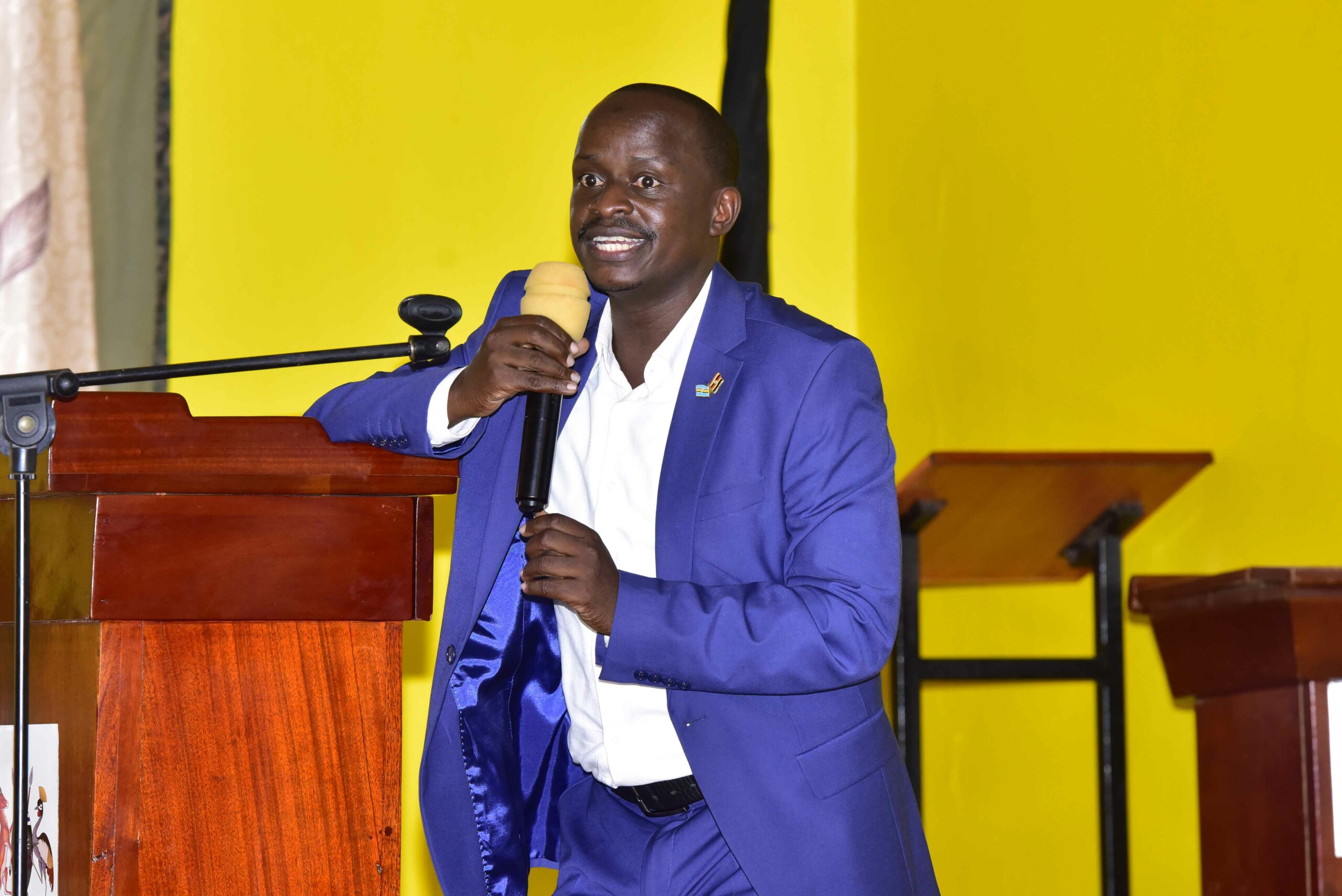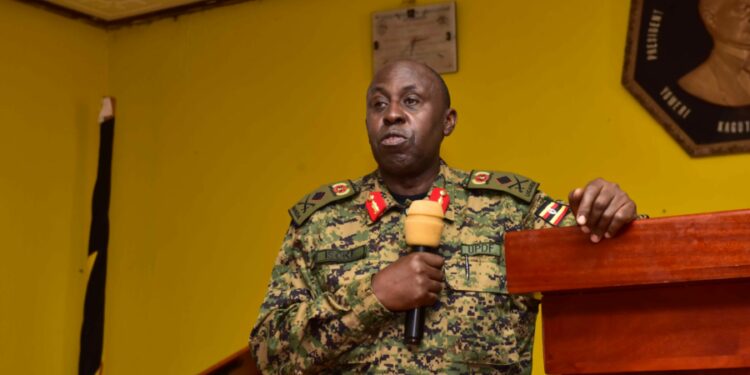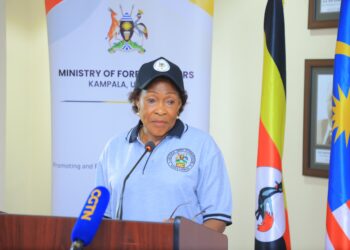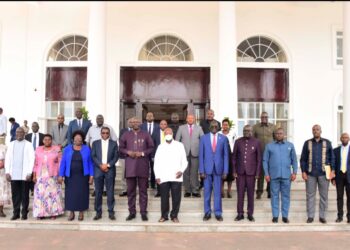The Head of State House Anti-Corruption Unit (SH-ACU), Brig. Henry Isoke, has described corruption as a strategic and security threat, which needs to be fought by all means possible.
According to Brig. Isoke, during the NRM/NRA liberation struggle, corruption was recognised as one of the challenges that must be addressed in the future and that Point number 7 of the Ten Point Program set “the elimination of corruption and misuse of power” as one of the goals towards ushering in a new dispensation for Uganda. However, he said, despite all the consented efforts to overcome the vice, corruption remains a very big obstacle to Uganda’s economic development.
He made the assertion during the ongoing orientation retreat for Resident District Commissioners (RDCs) and Resident City Commissioners (RCCs) at the National Leadership Institute (NALI), Kyankwanzi, today, Saturday, July 30, 2022.
“Each day stories appear in the press about corruption and the problems seem to be increasing rather than reducing. In a 2019 study commissioned by the Inspectorate of Government, it is estimated that the total annual cost of corruption in Uganda is Shs20.3 Trillion.”
Brig. Isoke added that the effects of corruption are evident for all Ugandans to see since they encounter them on a daily basis. He identified failure in service delivery as a core resultant effect of the vice.
“Even worse these failures in service delivery affect the poor who mostly rely on Government for social services thereby exacerbating inequality. Corruption has the effect of reducing the trust the citizens have in Government and can ultimately result in them withdrawing their consent to be governed, breakdown in social cohesion and ultimately insecurity. It’s, therefore, a security threat,” Brig. Isoke disclosed.
The SH-ACU boss further implored RDCs and RCCs to step up their efforts in the war against corruption by sensitising and creating public awareness through regular radio programs, and civic education on Government services and programs.
“RDCs, you should ensure implementation of Government programs through field inspections and networking with local structures like PISO, DISO and GISO. You should also mediate in conflicts including land conflicts and coordinate with the central Government Anti-Corruption agencies including SH-ACU, IGG, PPDA and police,” he said.
“We are currently adopting a quick response to corruption matters by all stakeholders especially the district leaders.”
Eng. Hajji Kiganda Twaha Ssonko, the Kalungu District NRM Chairperson and also head of NRM district Chairpersons in Uganda made an appeal to RDCs and RCCs to embrace teamwork if they want to achieve better work results.

“Let’s learn to work together if we are go go far. What you would have achieved alone, we can achieve it better together,” Eng. Ssonko said.
“RDCs, you are the people who help us implement the NRM Manifesto. If you close us out, then there’s nothing we can do. You are our small Presidents out there so we have to attach ourselves on you to achieve our NRM goals,” he added.
Eng. Ssonko also cautioned Commissioners against involving themselves in NRM internal politics, saying such undertaking will make their work difficult and complicated.
“Don’t take sides in party political camps. You will lose your credibility,” he advised them.
Do you have a story in your community or an opinion to share with us: Email us at editorial@watchdoguganda.com












